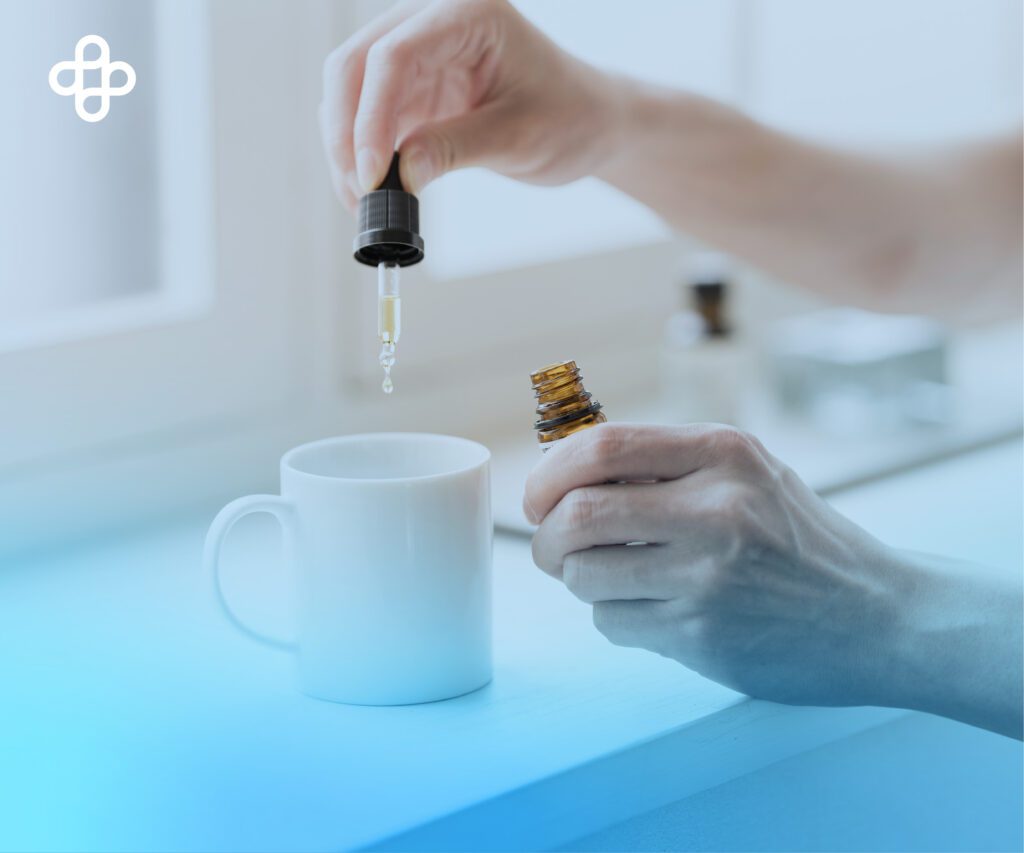What is Homeopathy? Exploring Alternative Medicine. Homeopathy is a complementary or alternative medicine system that is based on the idea that “like cures like.” This means that a substance that causes symptoms similar to those of an illness in a healthy person, can cure that illness when administered in very small doses.
Samuel Hahnemann, a German physician, founded homeopathy in the 18th century. Hahnemann believed that illness was a response of the body to a toxic substance and that homeopathy could help the body heal itself by administering a very small dose of that same substance.
Homeopaths prepare homeopathic remedies by diluting a substance in water or alcohol until no trace of the original substance remains. This process is called potentization. They believe that as the substance is diluted, its energy becomes concentrated.
Homeopaths administer homeopathic remedies in the form of pills, drops, creams, or suppositories. It administers homeopathic remedies orally, topically, or rectally.
Homeopaths treat a wide range of illnesses using tiny amounts of natural substances, including:
- Allergies
- Pain
- Insomnia
- Digestive disorders
- Skin conditions
- Emotional disorders
Homeopathy is a popular therapy, and there are millions of people around the world who use it.

Fundamental Principles of Homeopathy – Exploring Alternative Medicine
Homeopathy is based on several key principles:
1. Law of Similars
The fundamental principle of homeopathy is the Law of Similars, which states that a substance causing symptoms in a healthy person can treat similar conditions in a sick person. For example, if a substance induces fever and chills in a healthy person, practitioners would use it in a highly diluted form to treat someone with a fever.
2. Dilution
Homeopathic remedies involve the extreme dilution of substances, which is another central principle.
The belief is that the remedy becomes more potent as the substance is more diluted. This means that most homeopathic remedies contain extremely small amounts or even no molecules of the original substance.
3. Individualization
Homeopathy treats each person uniquely. Two people with the same illness might receive different remedies based on their symptoms and personal characteristics. Homeopathy focuses on treating the person as a whole, not just the symptoms of the disease.
How Homeopathy Works (Exploring Alternative Medicine)
The process of homeopathic treatment typically begins with a detailed consultation with a homeopath. The homeopath asks the patient about their physical and emotional symptoms, lifestyle, and medical history during the consultation. With this information, the homeopath selects a homeopathic remedy that best matches the individual.
Homeopathic remedies are available in various forms, such as pellets, tablets, liquids, or ointments. The homeopath administers homeopathic remedies in small doses and instructs the patient on how to take them.

What is Homeopathy Used For?
Homeopaths use a wide variety of remedies to treat a wide variety of conditions, from acute problems like colds and injuries to chronic conditions such as allergies, anxiety, and arthritis. Homeopaths also use remedies in preventive care and to enhance general well-being.
Conclusion – What is Homeopathy? Exploring Alternative Medicine
Homeopathy is a form of alternative medicine based on the principle of “like cures like.” While its foundations and practices differ from conventional medicine, homeopathy has been used by many people worldwide to treat a variety of conditions.
If you are one of the groups that still have doubts about it, I invite you to see the WHO document entitled WHO Strategy on Traditional Medicine.
Finally, I invite you to read the article What is Serum Therapy? Exploring the Healing Power of Serums





